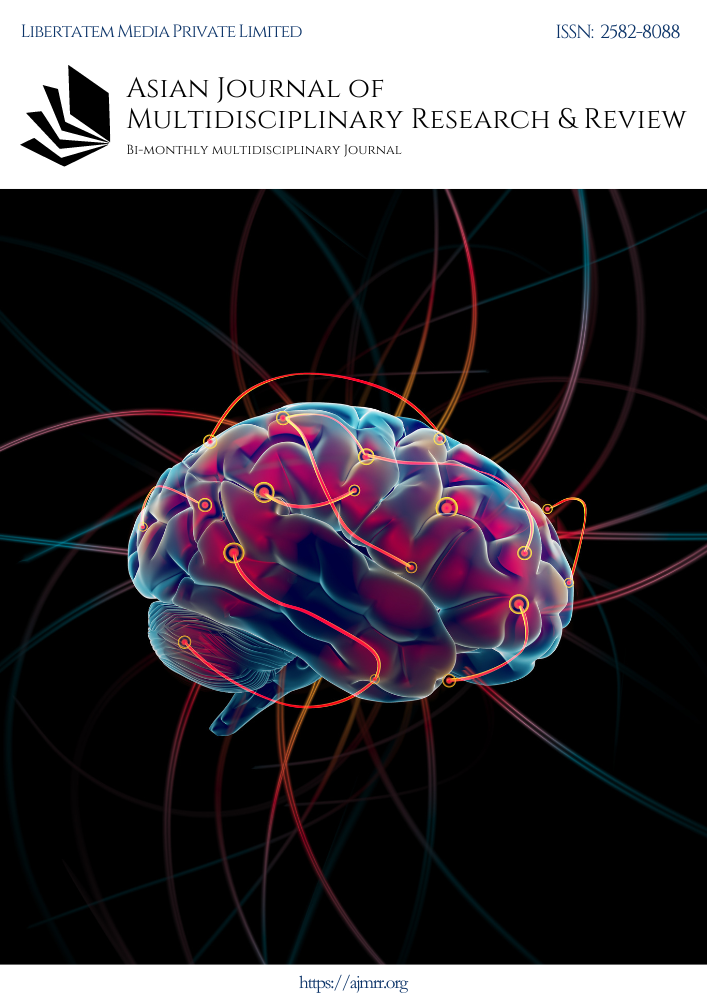A Comparative Analysis of Veracode Snyk and Checkmarx for Identifying and Mitigating Security Vulnerabilities in Microservice AWS and Azure Platforms
Keywords:
Microservice, Containerization Distributed SystemsAbstract
As organizations increasingly adopt microservices architectures for building scalable and resilient applications, ensuring the security of these distributed systems becomes paramount. In this empirical study, we conduct a comprehensive comparative analysis to assess the efficacy of three leading security scanning tools, namely Veracode, Snyk, and Checkmarx, in identifying and remedying security vulnerabilities within microservices applications deployed on the AWS and Azure cloud platforms.
The study aims to provide nuanced insights into the performance, usability, and integration capabilities of these tools, offering valuable guidance to organizations striving to fortify their microservices-based infrastructures. By meticulously evaluating scanning capabilities, vulnerability detection accuracy, remediation guidance comprehensiveness, CI/CD pipeline integration proficiency, and overall ease of use, our research sheds light on the relative strengths and weaknesses of each tool in the context of modern cloud-native application security. Through meticulously designed experiments utilizing realistic microservices application scenarios encompassing diverse vulnerability types, including injection attacks, authentication bypasses, and insecure configurations, we present a thorough examination of the tools' capabilities and limitations. The findings from our study contribute to the evolving discourse on microservices security, emphasizing the critical importance of selecting appropriate security scanning solutions tailored to the unique requirements and constraints of cloud-based microservices architectures. By leveraging the insights gleaned from our comparative analysis, organizations can make well-informed decisions regarding tool selection and deployment strategies, thereby bolstering the resilience of their microservices ecosystems against an ever-expanding threat landscape.
Downloads
Downloads
Published
Issue
Section
License

This work is licensed under a Creative Commons Attribution-NonCommercial-ShareAlike 4.0 International License.
License Terms
Ownership and Licensing:
Authors of research papers submitted to the Asian Journal of Multidisciplinary Research & Review (AJMRR) retain the copyright of their work while granting the journal certain rights. Authors maintain ownership of the copyright and grant the journal a right of first publication. Simultaneously, authors agree to license their research papers under the Creative Commons Attribution-ShareAlike 4.0 International (CC BY-SA 4.0) License.
License Permissions:
Under the CC BY-SA 4.0 License, others are permitted to share and adapt the work, even for commercial purposes, as long as proper attribution is given to the authors and acknowledgment is made of the initial publication in the Asian Journal of Multidisciplinary Research & Review. This license allows for the broad dissemination and utilization of research papers.
Additional Distribution Arrangements:
Authors are free to enter into separate contractual arrangements for the non-exclusive distribution of the journal's published version of the work (e.g., posting it to institutional repositories or publishing it in books), provided they acknowledge the initial publication of the work in the Asian Journal of Multidisciplinary Research & Review.
Online Posting:
Authors are encouraged to share their work online (e.g., in institutional repositories or on personal websites) both prior to and during the submission process to the journal. This practice can lead to productive exchanges and greater citation of published work.
Responsibility and Liability:
Authors are responsible for ensuring that their research papers do not infringe upon the copyright, privacy, or other rights of any third party. The Asian Journal of Multidisciplinary Research & Review disclaims any liability or responsibility for any copyright infringement or violation of third-party rights in the research papers.



